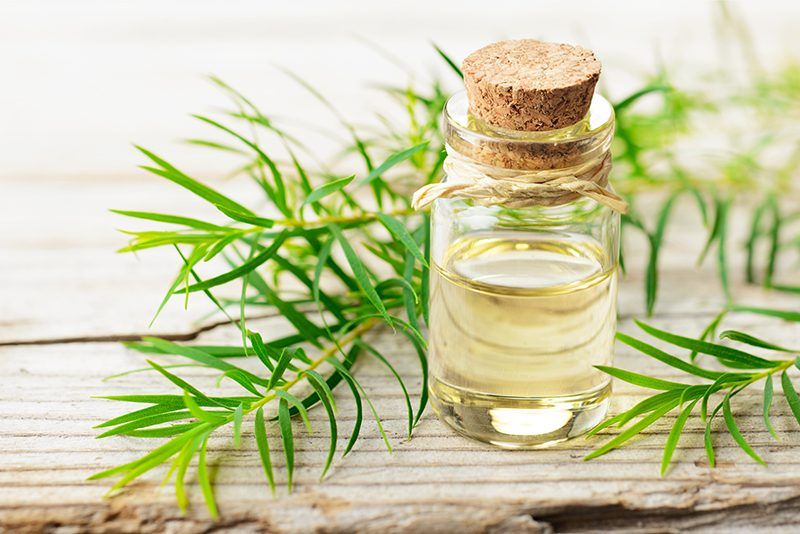
Last week we explored the continuous concerns around hygiene and cleanliness of packaging within the health and beauty industry. But what about the product inside of the packaging? This week, we’re looking at the shift in ingredients within skincare and how the focus will be on anti-bacterial ingredients and essential oils, to resonate with consumers post-Covid.
According to leading trend and consumer insight platforms; Mintel and WGSN, antibacterial, antiviral and immunity-boosting actives will be the new normal. Scientifically backed ingredients will help to boost consumer awareness, whilst long-standing and well-known actives such as tea tree, witch hazel, rosemary and lemon oil contain natural anti-bacterial properties, and will resonate the a post-Covid-19 BPC consumer.
Tea Tree Oil
Tea Tree oil is a popular and well-known essential oil of which has several uses and benefits for the skin. Commonly known as a healing treatment, tea tree oil is best known for its anti-bacterial properties, but also, it’s anti-inflammatory and anti-septic effect, making it the perfect ingredient for skin care and facial masks.
Witch Hazel
Similar to tea tree, witch hazel is renowned for anti-inflammatory and anti-viral properties, and is a commonly used active in acne treatments. Plus, it also helps to tighten pores and improves skin tone, which is why it’s so popular amongst skin-care lovers!
Rosemary Essential Oil
The anti-inflammatory properties of rosemary extract help to reduce puffiness of the skin, whilst also helping to soothe. It’s known to have powerful antibacterial properties which in turn helps to treat a multitude of skin conditions.
Lemon Oil
Lemon oil is rich in antioxidants and helps to give skin the ultimate boost! As a detoxifier with antiseptic properties, lemon oil is often used in skincare products to help fight against acne and breakouts.
According to Mintel, 48% of women feel it’s important to understand the ingredients used in their skincare products. Brands should recognise the link between beauty and science in order to connect with current and new consumers post coronavirus.
Adaptogens
Aside from anti-bacterial ingredients, adaptogens provide a suitable alternative for brands, as they tap in to self-care and wellness. Referred to as natural ingredients that claim to help the body adapt to physical and mental stress, key adaptogenic ingredients include; ginseng, ashwagandha, mushroom, goji and rhodiola rosea. Following the on-going stresses of the global pandemic, tapping in to a wellness trend that resonates with users, helping to them to unwind and take care of both their skincare and mental well-being simultaneously, is a clever approach to tackling the health and beauty industry post-covid.

